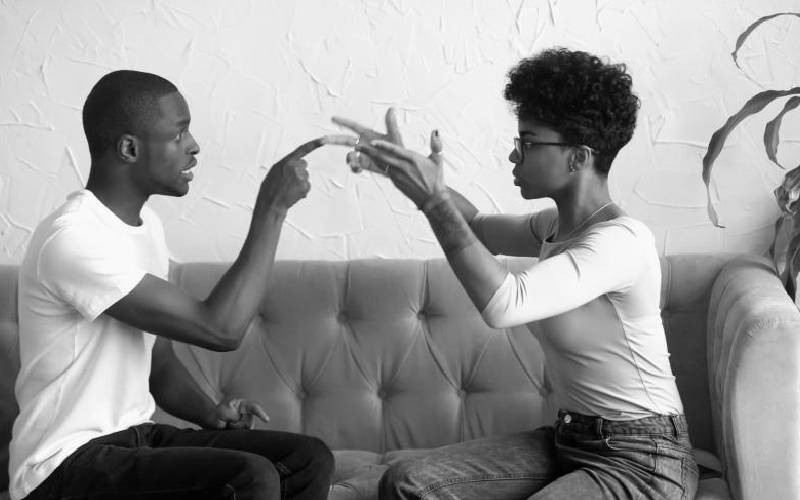×
The Standard e-Paper
Smart Minds Choose Us

Whenever Sarah Nkirote* reached out to friends and family for help during her 10 years of marriage to an abusive partner, they would tell her that she was not patient enough, that marriage needed work or that marriage was 'like that.'
"They always insisted on this societally constructed phrase, 'ndoa ni kuvumilia' which is not true. I went to a point of reaching out to our area Chief for help but he was on my husband's side, no solution was reached, " Sarah says.